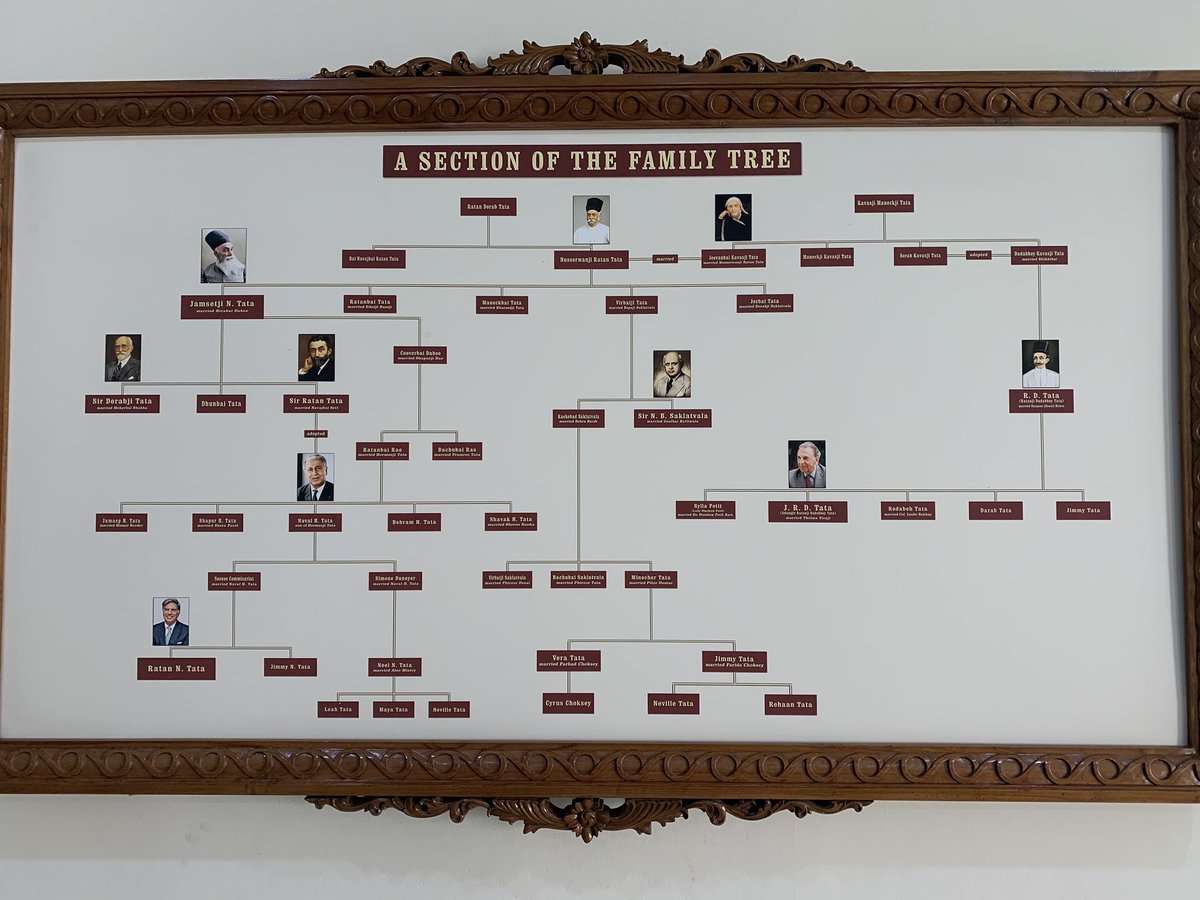Are you REALLY sure?
The "get me out of this question" escape hatch is "that's a great point--come talk to me afterwards." 90% of the time they don't show up; they just wanted to sound smart in front of a room full of people. They should give a talk!
Also hire a person to blow sunshine up your ass.
You're going to want a pouch of some sort for all of your dongles.
I'd not advise doing this at the expense of giving a better talk.
* telling pointless stories
* calling bullshit on the talk's premise
* reciting your resume
are not questions. "That's not how we did it at Google" is a miracle of compression, as it hits all three points in one short condescension.
A great introduction
A crap introduction
No introduction
Have a plan to deal with all three options.
"Plumbing the mysteries of git internals" was never picked up, but I gave "Terrible Ideas in Git" a dozen times.
I make an exception to crap on Maine when I'm there, of the form "I hate this place because I grew up here."
"Oh, the talk wasn't that good" says that they don't know a good talk when they see one, and their taste is shitty.
I suck at taking compliments; I've learned to mumble out a thank you. You can too!
The failure mode of one is sounding exclusionary. The failure mode of the other is that I sound like I was born in 1860.
No matter who you are or what you do, assume that you're unfamiliar to most of the audience.
Put it back on as soon as you're done. A lot of people have trouble with names.
I periodically talk about this on my podcast, which you can find at cloudcloudinthecloud.cloud
The conference isn't the Superbowl; people aren't going to seek out the commercials.
Wait, how is that a--oh, it's my calendar! I will continue this thread afterwards.
I stand by it. Build two decks--one to present, and one to distribute! Alternately, build a talk *and* a blog post.
I've heard "native speakers" give incoherent mumblefests far too often.
What confuses you? What pisses you off? What helped you solve a problem? Topics are everywhere.
No, that's terrible. The conference is roughly the same size as it was last year; why did half of your attendees not bother to come this year?
"This talk is called 'Migrating off of Jenkins: Nevermind Jenkins is Awesome!'" is a weird intro.
Specifically, they're terrified that they're going to have to go back to their office and do actual work if they fail to convincingly tell the right story.
Keep your presenter notes, if any, on the second version or people will see what you're about to say. That's bush league.
You will never top that. Don't even attempt to.
Don't be that attendee.
^ That's a microcosm of the approach to take in your talks.
If you work at Google, doing this is incredibly condescending and thus very much on brand, so it applies to you too.








